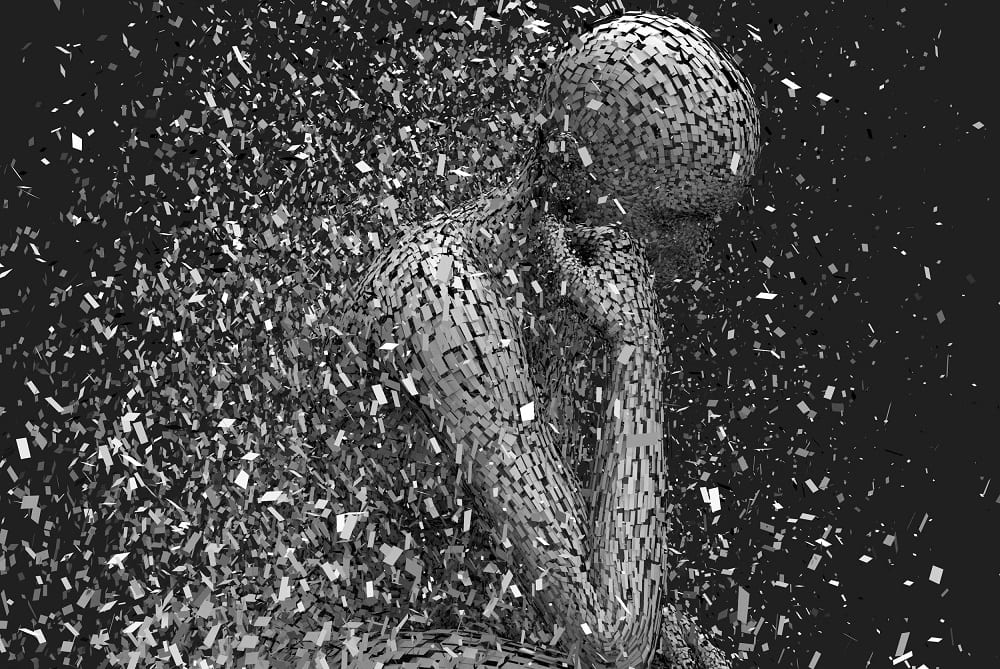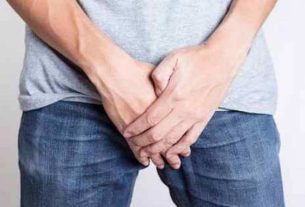Depression is characterized by a feeling of deep sadness and emptiness, however, few people know in depth what the symptoms of depression are. Believe me, even poor digestion problems can be a symptom of the disease.
Depression is a disorder that generates great sadness, lack of enthusiasm, generalized lack of interest and changes in appetite (loss or increase in appetite). Depending on the stage of the disease, there may also be suicidal thoughts.
It is important to seek medical help if symptoms of depression are noticed. There are several ways the disease presents itself and also several ways to treat it.
Regardless of the cause or type of depression, the important thing is to seek medical treatment. This is because when the disease is not treated, it progresses silently.
It is in these cases of progression that the individual can reach deep depression. It is in these cases that suicide attempts are most common.
Know the symptoms of depression and how to treat it
1 – What causes depression?
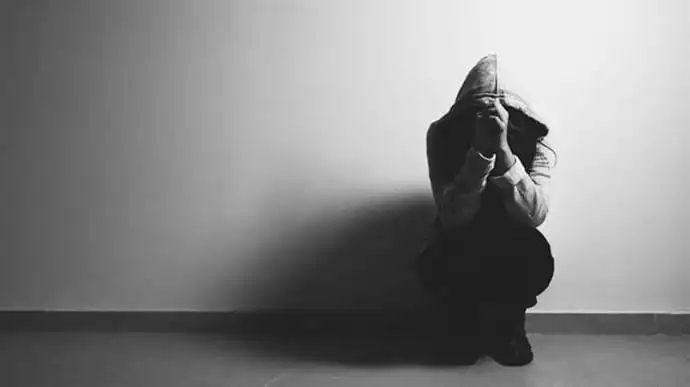
Depression is not caused by a specific, isolated reason. There are several factors that can lead to depressive crises. Some of them are: abuse, internal or external conflicts (with family, for example), death of someone close or substance abuse.
Genetics is also a risk factor. Parents’ genes can be passed on to their children and this increases the individual’s chances of developing depression. Especially if he goes through some of the situations we described above.
Personal problems, serious illnesses and major events can also lead to depression. In addition to these emotional symptoms, sometimes the symptoms are also physical. Stomach pain, heartburn, poor digestion, headaches and body aches are some of them.
2 – What types of depression exist?
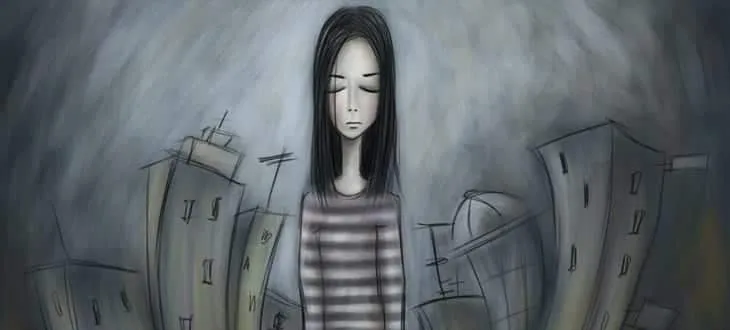
As we said, depression is a disorder and therefore has several levels and ways of classifying it. There is a type that is classified as bipolar depression. You know that story about how depressed people don’t always just live sad? This is basically what happens in this clinical condition, the person has moments of depression and sadness, mixed with moments of extreme euphoria.
Dysthymia is another type of depressive condition, this time chronic, and can last for up to 2 years. In this case, the person feels hopeless, loses interest in daily activities and has low productivity. They are extremely critical people and are always complaining.
Atypical depression causes a state of extreme melancholy, a feeling of worthlessness and sadness. In these cases there is an increase in sleep and the individual becomes apathetic.
There is also a type of momentary depression, called seasonal. This type is more common in winter or around specific dates that cause great stress.
And finally, postpartum depression, which is caused by the major hormonal changes caused by the end of pregnancy. Mood changes and crying spells are some of the symptoms. However, there are cases where mothers feel this more intensely and that is when postpartum depression occurs.
3 – What are the symptoms?
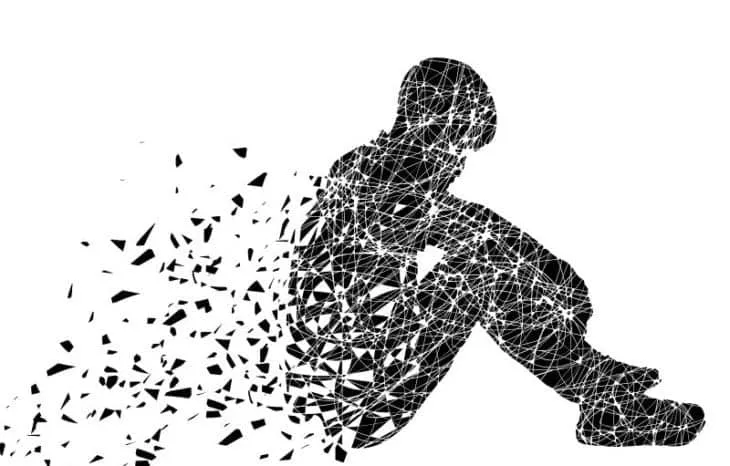
The symptoms of depression can seem very common and therefore sometimes go unnoticed. However, you need to be careful. If you have been experiencing some of the symptoms below for a large part of the day for some time (more than 2 weeks), you may be suffering from depression. Check out some of the symptoms of depression:
- Persistent feeling of sadness, anxiety and emptiness;
- Restlessness
- Hopelessness or pessimism
- Difficulty concentrating or making decisions
- Slowness in speaking and moving
- Difficulty sleeping or waking up
- Feelings of guilt or worthlessness
- Loss of interest in life, hobbies and daily activities
- Irritability
- Headaches, cramps or digestive problems for no clear, apparent reason
- Fatigue
- Appetite changes
- Thoughts of death or suicide attempts
4 – How and where to seek help?
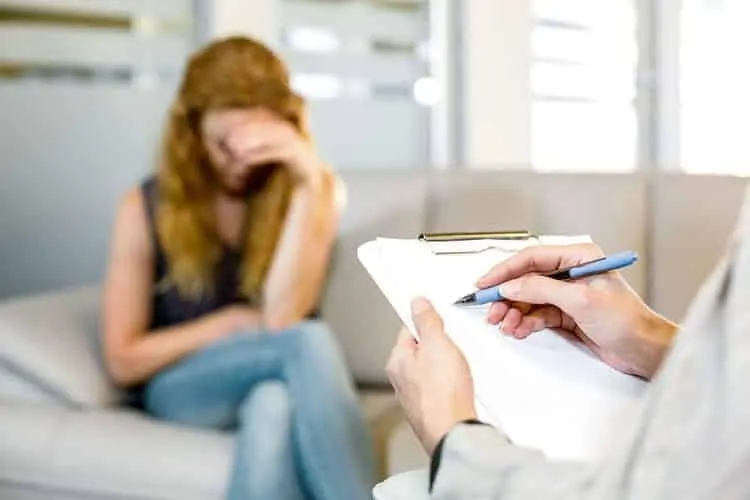
If you realize that you may be suffering from depression, the right thing to do is to see a doctor immediately. You can look for a psychiatrist or psychologist. It is important that during the consultation you describe exactly everything you are feeling, this way the doctor will be able to make an accurate diagnosis.
The doctor may also recommend blood or neurological tests, since depressive conditions can also be detected due to brain activity and our neurotransmitters.
For treatment, the doctor may recommend medication or psychotherapy, or even both. Many people are prejudiced against medications recommended for the treatment of depression and even say that they work like drugs to cause a state of frequent happiness. But in fact, medications act on the brain to help the proper functioning of neurotransmitters and all the substances involved in this process.
Did you like this article? Then you’ll also like this: 20 things about having depression and anxiety that no one tells you.
Source: Minha Vida, Vittude.
Images: Alto Astral, Holiste, Psicologia Viva, Vittude, Grupo Genera.

Sign up for our newsletter and stay up to date with exclusive news
that can transform your routine!
Warning: Undefined array key "title" in /home/storelat/public_html/wp-content/plugins/link-whisper-premium/templates/frontend/related-posts.php on line 12
Warning: Undefined array key "title_tag" in /home/storelat/public_html/wp-content/plugins/link-whisper-premium/templates/frontend/related-posts.php on line 13

